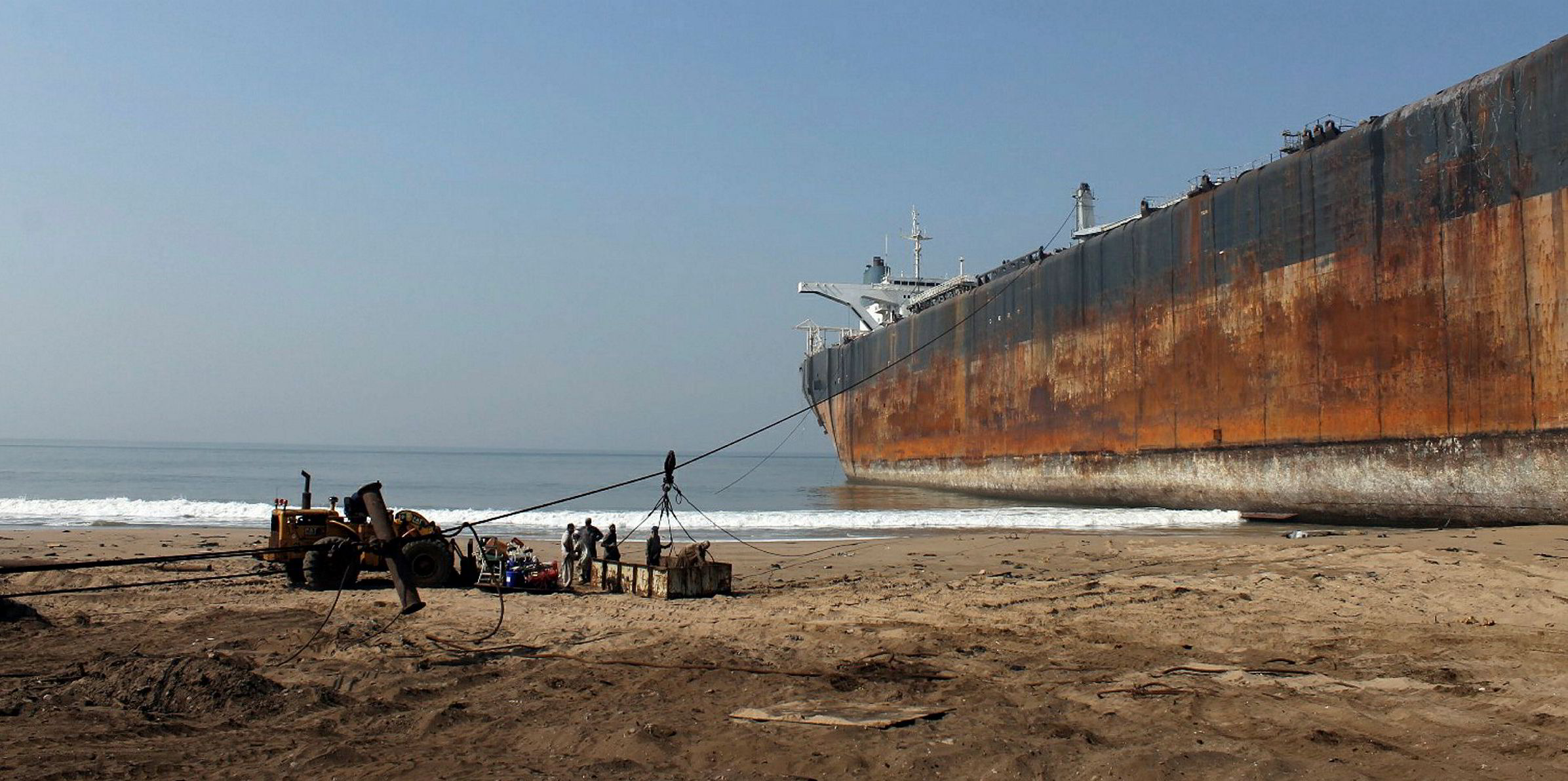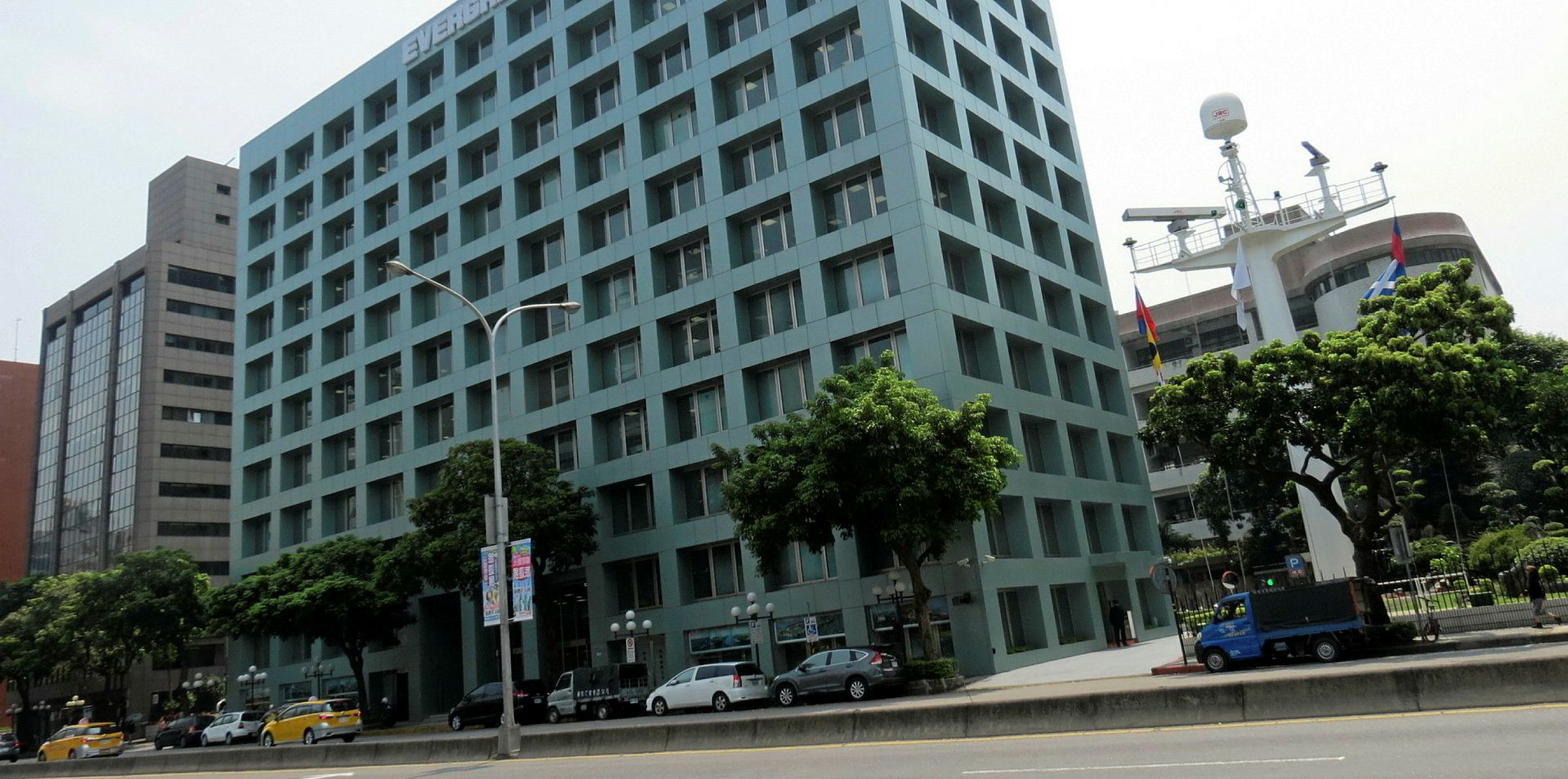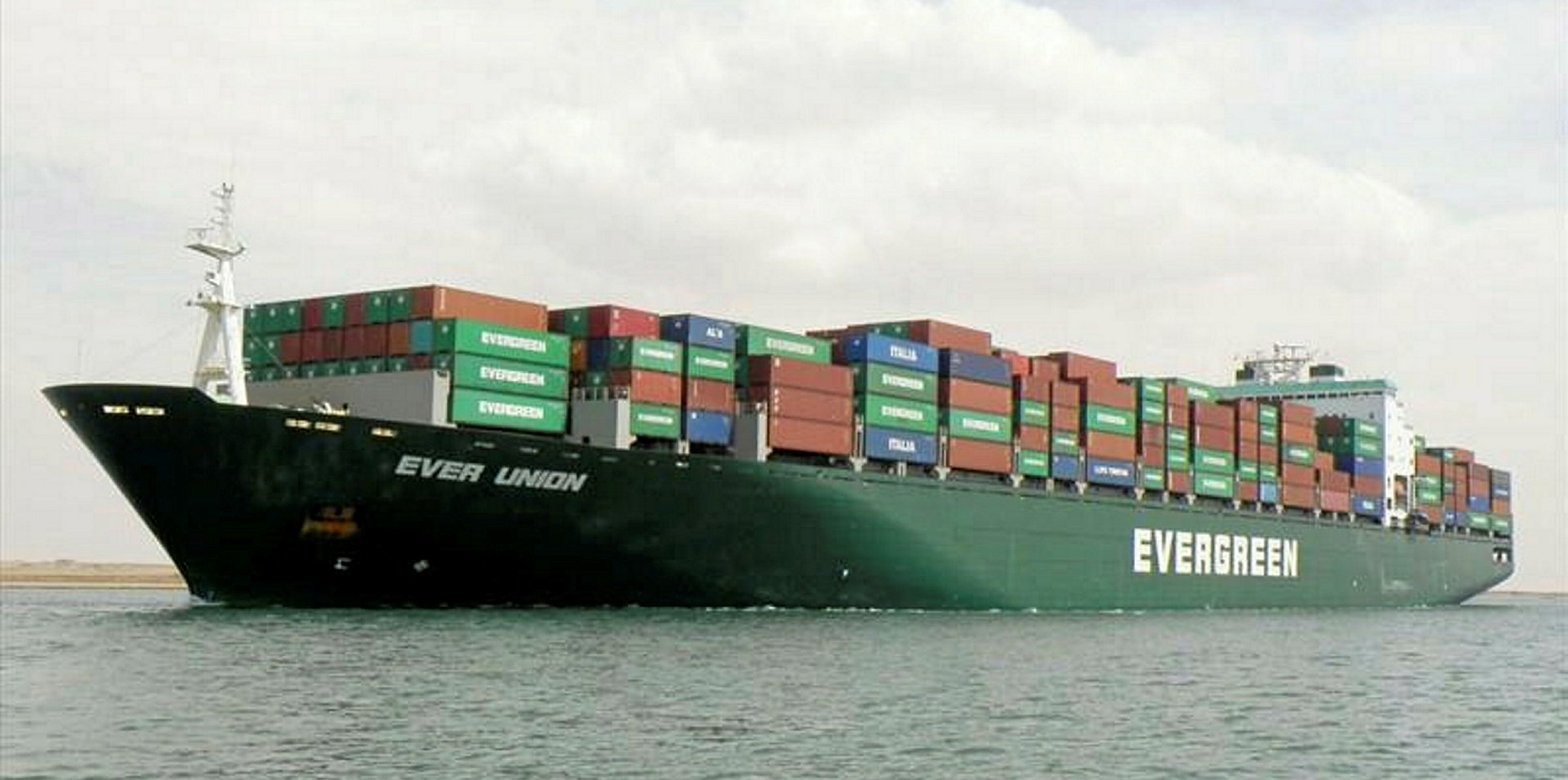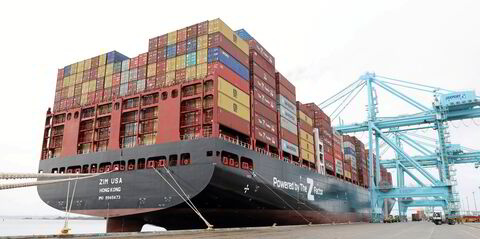Shipowners should worry about the future scrapping of vessels they sold into the secondhand market years ago, not just ships they sell to cash buyers themselves.
Banks are increasingly making borrowers conscious of whether they sell ships to other reputable owners that will eventually scrap them responsibly, according to environmental, social and governance (ESG) expert Joachim Nahem.
The founder of Oslo-based consultancy Governance Group told TradeWinds: "It would look bad for a bank like DNB if they had financed an owner in the life cycle of a ship that was later in the news for being scrapped irresponsibly, even two or three owners later. Even if it happens five or 10 years after a ship financing, you have contributed negatively.
"The shipowner can say, 'We sold the ship in good faith'. But in the end, somebody has to be to blame."
'Virtuous cycle'
Nahem acknowledged that owners have little to say about what happens to ships that they no longer own, but he believes the key is for reputable owners to sell only to other reputable owners to create a "virtuous cycle" of ship disposal.
"This is all about the end of a ship's life, and if the end is irresponsible, it won't matter that there were responsible banks and owners in the middle of the ship's life," he said.
Nahem spoke to TradeWinds on the same day he addressed the topic during an online Marine Money event. Knut Ola Skotvedt of DNB Bank and Stephan Vetter of KfW IPEX-Bank also participated in the ship recycling and ESG panel, hosted by Marine Money's Matthew McCleery.
All agreed that sound ESG policy can have a substantial financial cost. Shipowners forgo the best cash offers for their old steel and employ consultants to supervise or verify scrapping.
But the reputational risk of dirty demolition of ships is also a cost for shipowners that expect financing from top banks. DNB and KfW IPEX-Bank are among the 10 banks that have signed up for the Dutch-led responsible ship recycling standards (RSRS) initiative.
It requires clauses in loan agreements that create an event of default if borrowers violate defined standards for sustainable recycling.

Scrapping sales often take place outside the lifetime of a loan. But even if there is no more loan to default on, there are still consequences.
"The biggest penalty an owner can face is a bad reputation and not getting money from shipping banks any more," Vetter said.
There are also implications for ships in an owner's fleet that are not financed under an RSRS-compliant loan, if the owner scraps them irresponsibly.
"We may not finance that [particular] ship, but the expectation from our side is that this is what we want," said Skotvedt.
DNB has ships in its portfolio that predate RSRS standards, but this is changing.
"The average client has come a long way in doing things the right way," Skotvedt said. "We have walked away from transactions where the client was reluctant [to agree to RSRS clauses]."
Not just banks but equity investors as well are making pressure felt on owners whose ships end up on the beach after a sale.

Norwegian pension fund KLP made headlines this year in a showdown with Nordic American Tankers, which it blacklisted from its portfolio over the scrapping of two suezmaxes in Bangladesh. The owner protested that the scrap deals were done in accordance with the unratified Hong Kong International Convention for the Safe and Environmentally Sound Recycling of Ships.
KLP and other institutional investors have kept up the pressure in unpublicised cases when an owner's former ships turn up in a red list maintained by the Brussels-based NGO Shipbreaking Platform.
"KLP contacts a lot more companies than you hear about," Nahem told TradeWinds.
Danish shipping giant AP-Moller Maersk is among those few shipowners that have put in place contractual constraints on its sale of secondhand vessels to prevent them being scrapped in non-Hong Kong Convention-compliant yards soon after being sold.
The policy was instituted in the face of repeated public criticism that it had failed to live up to earlier pledges on scrapping.
Julian Bray contributed to this story





